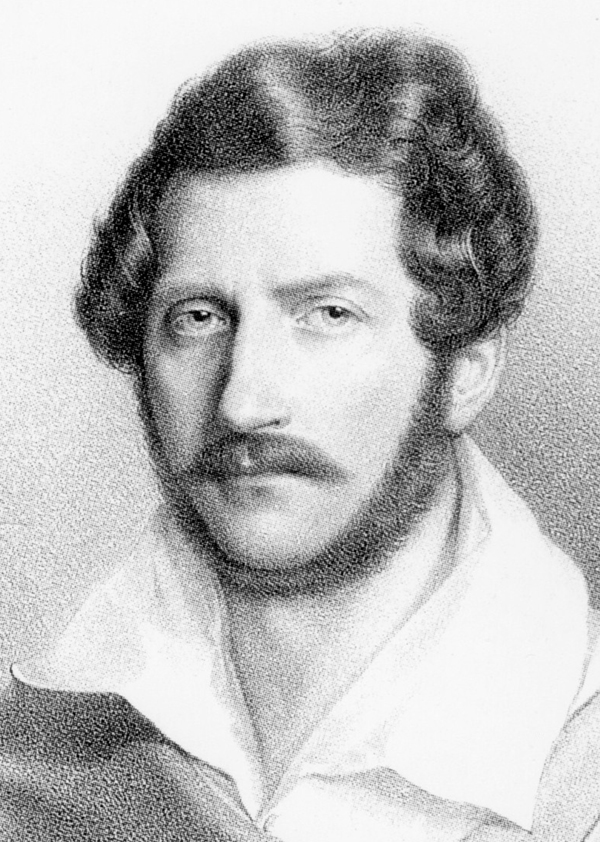Writing an opera may be the simplest step in its production–when the staging is left to a committee.
In 1834 Gaetano Donizetti signed a contract with the management of the Royal Theaters of Naples to write three operas. The theaters in Naples were under new management—a committee of aristocratic dilettantes who called themselves the Society of Industry and Fine Arts. According to the contract, the Society would choose the plots and librettists for the operas with Donizetti’s agreement. The Society would turn the completed librettos over to the censors for approval, and finally pass them on to Donizetti at least four months before each opera was to be produced.
For the first of the three operas Donizetti chose a story based on Sir Walter Scott’s 1819 novel The Bride of Lammermoor, to be produced in July 1835. Donizetti recommended poet Salvatore Cammarano as the librettist. Repeatedly. Time passed. At the end of May the Society finally got around to approving Donizetti’s choice. Donizetti met with his librettist at once and the two agreed immediately on the subject of the opera. Donizetti fired off an impatient letter telling the Society that if they didn’t authorize the librettist to go to work at once, he would enforce the terms of the contract and cancel the whole arrangement.
Stay informed on the latest news
Sign up for WPR’s email newsletter.
The theater commission must’ve acted quickly for once, because Donizetti and his librettist began working feverishly at the end of May and completed the entire opera by July 6th. Donizetti wrote to a friend that he expected the opera to be produced by August 20th.
But August 20th came and went without so much as a rehearsal. The Society was in such a state of disarray that finally the King of Naples himself intervened, firing the directors and appointing new ones.
At the end of September, when the opera was performed at last, the composer had a chance to forget his frustrations with the Society and its committee of dilettantes. He enjoyed one of the finest triumphs the theater had ever seen. The audience was moved from tears to wild applause as they called Donizetti onstage time and again in honor of his greatest success, Lucia di Lammermoor.
Wisconsin Public Radio, © Copyright 2024, Board of Regents of the University of Wisconsin System and Wisconsin Educational Communications Board.




